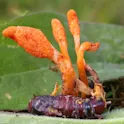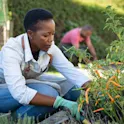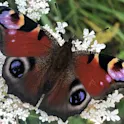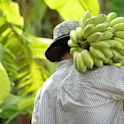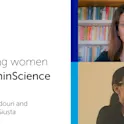
Featured news
24 Oct 2022
CO2 ventilation breakthrough could turn city rooftops into bumper vegetable gardens
by Angharad Brewer Gillham, Frontiers science writer Image: Shutterstock.com Scientists find that expelled air from ventilation systems can make corn and spinach grow taller and larger, recycling CO2-rich indoor air to fertilize edible plants. As the world’s cities grow, the hunt is on for ways to make them greener, more sustainable, and more livable. Rooftop farms and gardens that take advantage of underutilized roof space are a popular option, providing new food resources while simultaneously cooling the surrounding area, increasing building insulation, and improving air quality. But the conditions on rooftops — greater solar radiation, more wind exposure, lesser soil moisture — often mean that plants are smaller and less healthy. A team led by Dr Sarabeth Buckley, now at the University of Cambridge, theorized that repurposing the CO2 from building exhaust as a kind of fertilizer might help counter some of these challenges. To explore this, they grew corn and spinach on the roof of a campus building at Boston University. “We wanted to test whether there is an untapped resource inside buildings that could be used to make plants grow larger in rooftop farms,” said Buckley, whose team named their experimental garden BIG GRO and published their work […]

